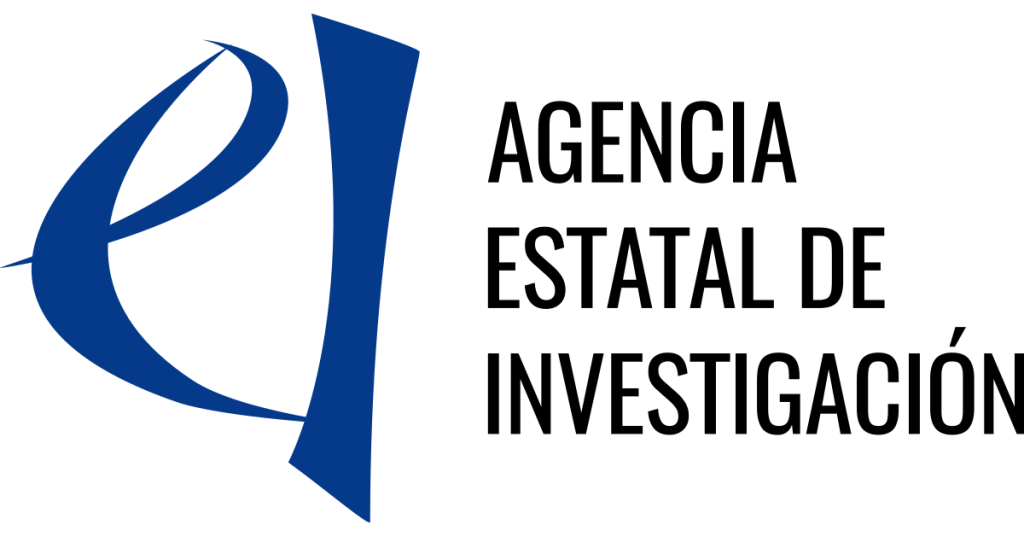Cerebral malaria, marked by severe brain swelling from blood-brain barrier breakdown, poses a significant research challenge due to limitations in existing models.
My group has developed bioengineered 3D microvessel and blood-brain barrier models to study this disease. These models mimic the human brain’s microvasculature, allowing for detailed analysis of how P. falciparum-infected red blood cells affect vascular integrity. We aim to determine if direct binding of these cells to endothelial cells or toxins released during parasite egress cause vascular damage. Additionally, we will investigate the specific endothelial and vascular pathways disrupted by the parasite, considering both immediate and long-term effects of infection. This project seeks to enhance our understanding of cerebral malaria’s molecular mechanisms and identify potential targets for reducing mortality.
Maria Bernabeu (EMBL Barcelona)
